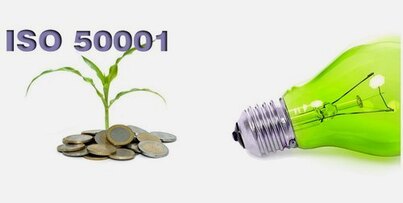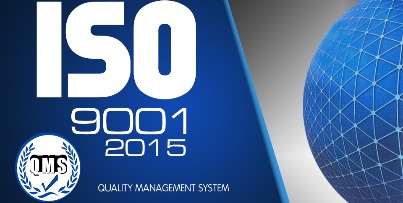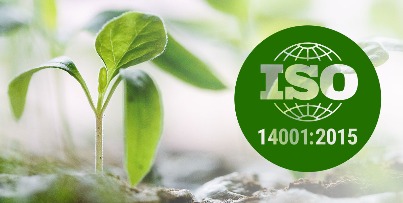
How ISO Certification helpful for Pharmaceutical Industry?
Pharmaceutical companies bear the burden of ensuring a society's well-being. Pharmaceutical items must maintain a high level of quality and efficiency because they are vital to our health and survival. These items must be subjected to stringent controls at every stage of manufacture to assure their safety. The International Organization of Standardization (ISO) develops standards that aid in the maintenance of pharmaceutical product quality, efficiency, and safety. As a result, the pharmaceutical industry's demand for ISO certification is constantly increasing. This also aids pharmaceutical companies in establishing their market credibility and gaining an advantage over their competitors.
Which standards or ISO certificates are required for the Pharmaceutical Industry?
The International Organization for Standardization (ISO) develops standards that aid in the implementation of systematised management systems for the delivery of quality assured products and services, as well as enabling compliance with the relevant standard.
ISO 9001, ISO 14001, ISO 45001, and ISO 50001 are the most prevalent ISO standards for all types of Pharmaceutical Industry. However, ISO 13485 certification is the most significant and required ISO standard for the Pharmaceutical Industry.
Let's have a look at these ISO standards in more detail:
ISO 9001 Standard
ISO 9001 is a global standard that establishes a framework for establishing Quality Management Systems (QMS) in businesses. As a result, ISO 9001 assures that the quality of your products or services fulfils client expectations, which is extremely advantageous to the prosperity of your country.
ISO 14001 Standard
By providing the basis for the construction of Environmental Management Systems, the internationally renowned ISO 14001 standard assists you in enhancing your contact with the environment (EMS). It also aids you in resource management and waste reduction in order to make your activities more environmentally friendly.

ISO 45001 Standard
The ISO 45001 accreditation is critical for ensuring the occupational safety of healthcare personnel. It assists in the prevention of healthcare hazards by recognising risks early and taking preventative measures.

ISO 50001 Standard
By effectively implementing ISO 50001 for energy management systems, healthcare organisations can lower their operational costs and increase their overall efficiency.
Benefits of ISO certification for Pharmaceutical Industry Industry
Any economy's backbone is unquestionably the pharmaceutical industry. It is also one of the most well-known industries for creating irreversible environmental damage. As a result of ISO Certification, these industries can strike a balance between development and environmental sustainability by standardising their systems and processes in accordance with internationally recognised and accepted standards.
- ISO certification confirms that risk-based decision-making has taken place, resulting in the prompt identification of hazards, allowing them to be avoided or reduced.
- It ensures that the leadership is more actively involved in the management system's implementation.
- The ISO certification assures that the supply chain is well-managed.
- Because ISO certification establishes an organization's credibility, it aids pharmaceutical companies in producing high-quality, safe goods that fulfil the needs of their customers.
ISO Certification process for Pharmaceutical Industry
- Application & contract
- Audit team Assignment
- Document view
- Certification Audit Independent review
- Notification of Certification
- Surveillance audit
- Re-Assessment
The certification process goes further. click here to view the next steps to ISO certification Process








